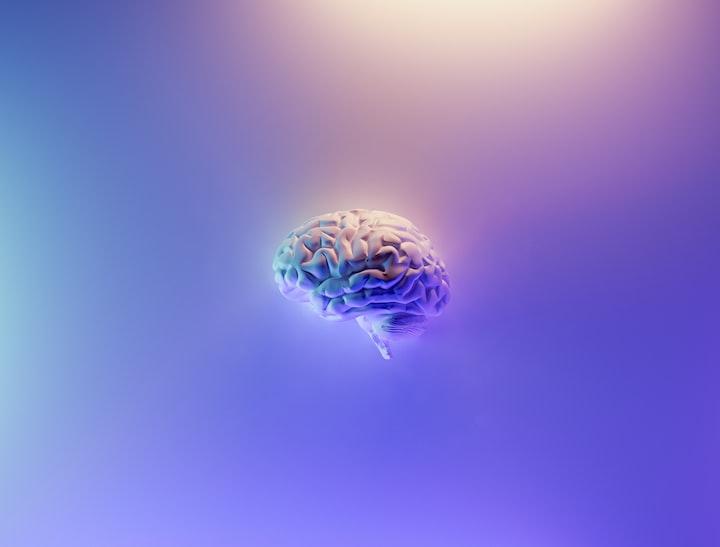A chemical imbalance in the brain is a condition where there is an imbalance of neurotransmitters in the brain. This can be caused by a variety of factors, including genetics, medications, stress, trauma, and toxins. Symptoms of a chemical imbalance in the brain can include mood swings, anxiety, depression, irritability, and difficulty concentrating. If you are experiencing any of these symptoms, it is important to see a doctor or mental health professional to rule out other possible causes and to get treatment.
Feelings of sadness, helplessness, worthlessness, or emptiness
A chemical imbalance in the brain can manifest itself in a variety of ways. For some people, it may manifest as feelings of sadness, helplessness, worthlessness, or emptiness. Others may experience irritability, anger, anxiety, or paranoia. Still others may have difficulty concentrating or focusing on tasks. And some people may experience changes in their sleep patterns or appetite.
Overeating or a loss of appetite
When about chemical imbalances in the brain, one of the most common signs is overeating or a loss of appetite. This can be a result of a number of different things, but it often has to do with the way that the brain is processing information. For example, if there is too much activity in certain areas of the brain, it can lead to an increase in appetite. On the other hand, if there is not enough activity in certain areas of the brain, it can lead to a decrease in appetite.
Insomnia or sleeping too much
There are many signs of a chemical imbalance in the brain. One sign is insomnia, or sleeping too much. People with this sign may have difficulty falling asleep, or they may sleep for long periods of time but still feel tired during the day. Another sign is changes in appetite. People with a chemical imbalance in the brain may eat more or less than usual, or they may crave certain foods. They may also lose interest in activities that they used to enjoy.
Restlessness
A chemical imbalance in the brain can manifest in a variety of ways, but one of the most common signs is restlessness. People with a chemical imbalance may feel like they can’t sit still or focus on anything for very long. They may also feel antsy, jittery, and have difficulty sleeping. While these symptoms can be normal at times of stress or during periods of change, if they are constant and interfere with everyday life, it may be a sign of a chemical imbalance. Other signs include mood swings, irritability, anxiety, depression, and changes in appetite or weight. If you are experiencing any of these symptoms on a regular basis, it’s important to talk to your doctor to rule out other possible causes and to discuss treatment options.
Irritability
A chemical imbalance in the brain can manifest itself in a variety of ways. One of the most common signs is irritability. When someone has a chemical imbalance in their brain, they may find that they are more easily agitated and irritated than usual. They may also have difficulty concentrating or may be prone to outbursts of anger. Other common symptoms of a chemical imbalance in the brain include anxiety, depression, and insomnia.
A feeling of impending doom or danger
A chemical imbalance in the brain can result in a feeling of impending doom or danger. This may be caused by a number of factors, including an imbalance of neurotransmitters, a change in brain chemistry, or an underlying medical condition. If you experience this feeling on a regular basis, it is important to consult with a physician to rule out any underlying causes.
Lack of energy
A chemical imbalance in the brain can manifest itself in a variety of ways, but one of the most common symptoms is a lack of energy. When your brain isn’t getting the right mix of chemicals, it can’t function properly and you may feel tired all the time. Other signs of a chemical imbalance include anxiety, depression, irritability, and difficulty concentrating. If you’re experiencing any of these symptoms, it’s important to see a doctor or mental health professional to get treated.
